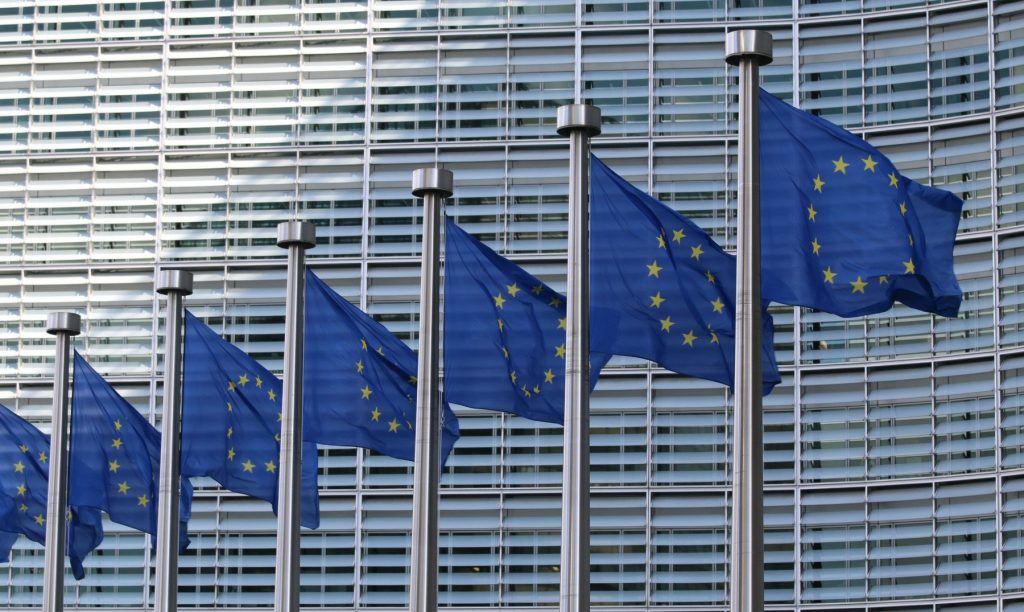
The European Commission has approved Microsoft’s pending $68.7bn (~£50.5bn) acquisition of game publisher Activision Blizzard.
The commission said commitments by Microsoft had fully addressed its initial concerns, raising the gaming giants’ hopes that the deal may still go through.
The Commision originally found that Microsoft could harm competition in the distribution of video games, cloud gaming and PC operating systems. However, the body said an in-depth market investigation found that Microsoft would largely not hurt competition — as long as certain remedies were implemented.
These remedies include 10-year commitments to let both consumers and cloud streaming service providers in the European Economic Area (EEA) stream Activision Blizzard games via any cloud gaming service.
“These commitments fully address the competition concerns identified by the Commission and represent a significant improvement for cloud game streaming compared to the current situation,” the Commision, which rules on regulatory issues in the European Union, said in a release.
“Ultimately, the commitments will unlock significant benefits for competition and consumers, by bringing Activision’s games to new platforms, including smaller EU players, and to more devices than before.”
The move comes after the UK’s Competition and Markets authority surprisingly blocked the acquisition in April, citing the consequences it would have on the cloud gaming market. The block put a major spanner in the works of the deal, which would be the largest ever in gaming.
Microsoft and Activision Blizzard are appealing the CMA decision and the deal may still go through if the UK decision is overturned. However, the acquisition faces resistance elsewhere, as the US’ Federal Trade Commission (FTC) also moved to stop the deal in December 2022.
Nonetheless, the acquisition has already received approval in some markets, including Brazil and Saudi Arabia. The European Union’s approval is the biggest yet for the deal.
“Critics of the CMA’s stance, of which there have been many, will inevitably seize on today’s decision as proving the point made that the UK’s regulatory regime is too rigid and stifles innovation,” Alex Haffner, competition partner at London law firm Fladgate, explained in a statement emailed to Esports Insider. “Microsoft and Activision’s lawyers will also use the decision to provide greater ballast to their appeal of the CMA’s decision, which is in the works.”
Activision Blizzard is a stalwart in esports. It publishes several major esports titles including Overwatch, Call of Duty, StarCraft and Hearthstone. It additionally runs the multi-million dollar franchised Overwatch League and Call of Duty League.
Yet the acquisition comes as Activision Blizzard’s franchised leagues face unprecedented uncertainty. Activision admitted in a company filing in May that its franchised leagues “continue to face headwinds which are negatively impacting our operations and, potentially, the longevity of the leagues under the current business model.”
Microsoft first announced its deal to purchase Activision Blizzard in January 2022 amid a difficult time for the publisher. Activision Blizzard was facing intense legal pressure and public backlash following discrimination and sexual harassment lawsuits filed against the publisher in 2021.
Several major sponsors reportedly dropped out of sponsoring the Overwatch and Call of Duty leagues in response to the lawsuits, per the Washington Post. Additionally, in January, Jacob Wolf reported that several franchise teams had started a collective bargaining process against the Overwatch League in response to high costs and low revenue.
Microsoft itself is already a major name in gaming via video game console and game developer Xbox, as well as through its ownership of Halo developer 343 Industries.
